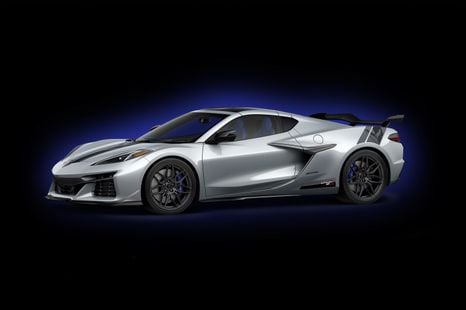

Damion Smy
Chevrolet Corvette Z06 Bathurst edition revealed for Australia
2 Hours Ago
Volkswagen will reportedly dust off the nameplate of an old Ford Bronco rival for an electric SUV and pickup truck brand.

News Editor
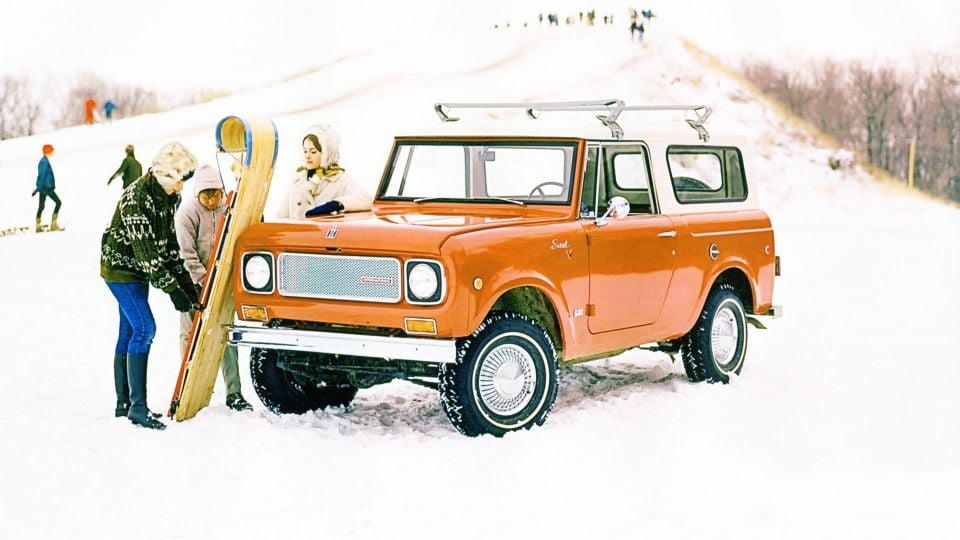

News Editor
Volkswagen will reportedly dust off a familiar old nameplate for a new electric SUV and electric pickup truck brand.
The Wall Street Journal reports the vehicles will wear the Scout nameplate, previously worn by an American off-roader from the defunct International Harvester brand.
They’ll enter production in 2026, and will be designed as electric-only off-road vehicles.
Sources told the Journal the Scout pickup truck will be sized similarly to the Volkswagen Amarok, while the SUV may be similar in size to the Mazda CX-9-rivalling Volkswagen Atlas.
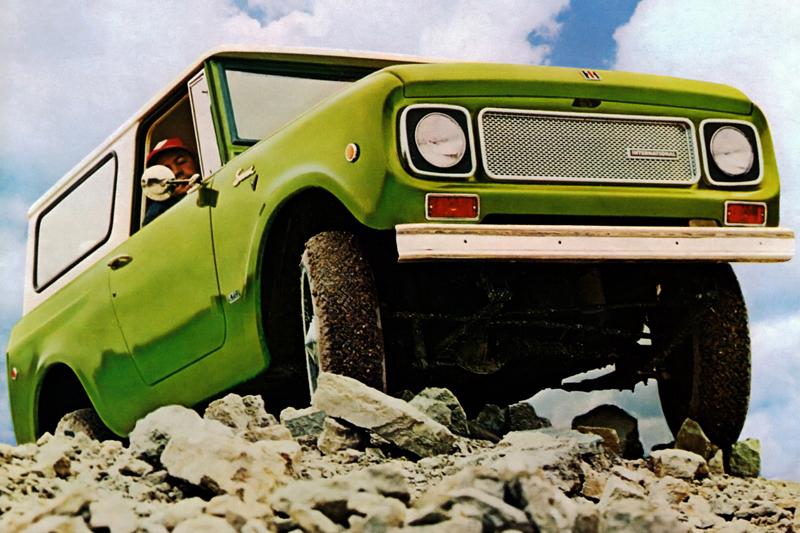
The Wall Street Journal reports the Volkswagen Group’s board of directors will approve the plan today, and it would operate as a subsidiary of Volkswagen with its own management and potentially its own factory.
Volkswagen reportedly plans to initially invest more than US$1 billion (A$1.43bn) in the project, before seeking financing from outside investors. It could later be listed on a stock exchange.
Like those old International Harvester models, the new Scout models will reportedly be targeted at the US market where Volkswagen is eager to increase its market share, although the brand could later be offered in global markets.
Despite being the largest brand in sales in both China and Europe last year, in the US it didn’t even crack the top 10 and has less than five per cent market share.
The US is also reportedly the world’s most profitable automotive market.
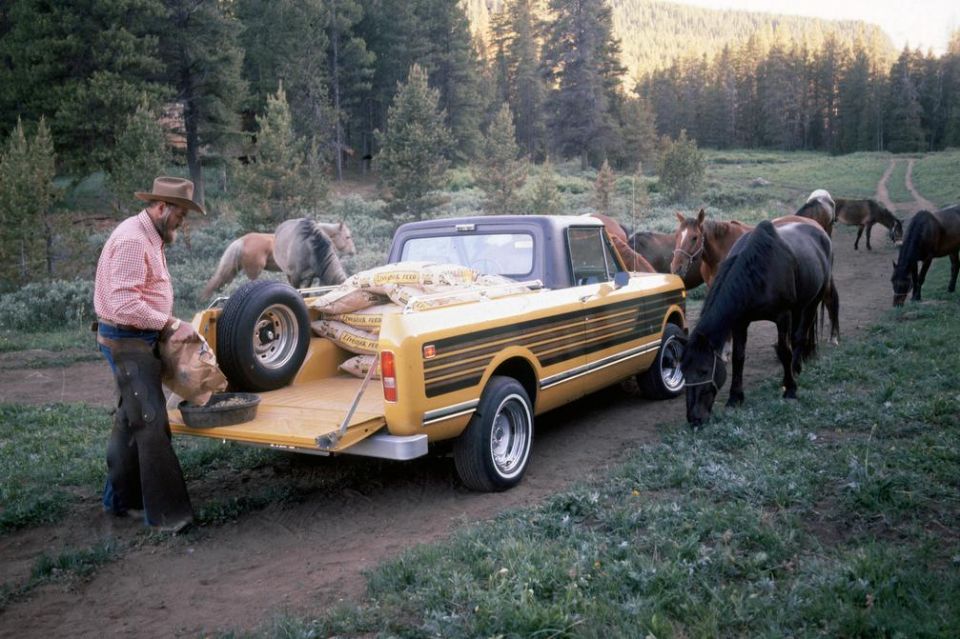
Volkswagen is reportedly aiming to eventually sell up to 250,000 Scout-branded vehicles annually in the US.
That’ll also increase Volkswagen’s share of the fledgling electric vehicle market in the US, where the company is a growing player behind the dominant Tesla.
Volkswagen has said it’s eager to increase its US presence so it’s less reliant on Europe and China, where war-related supply issues and COVID-19 lockdowns, respectively, have interrupted operations.
While Volkswagen sells a range of SUVs in the US, including the electric ID.4, it has been absent from the pickup truck market there since axing the Golf-based, US-built Rabbit Pickup in 1984.
The company’s executives have been hinting heavily at the prospect of an electric pickup truck in recent weeks.
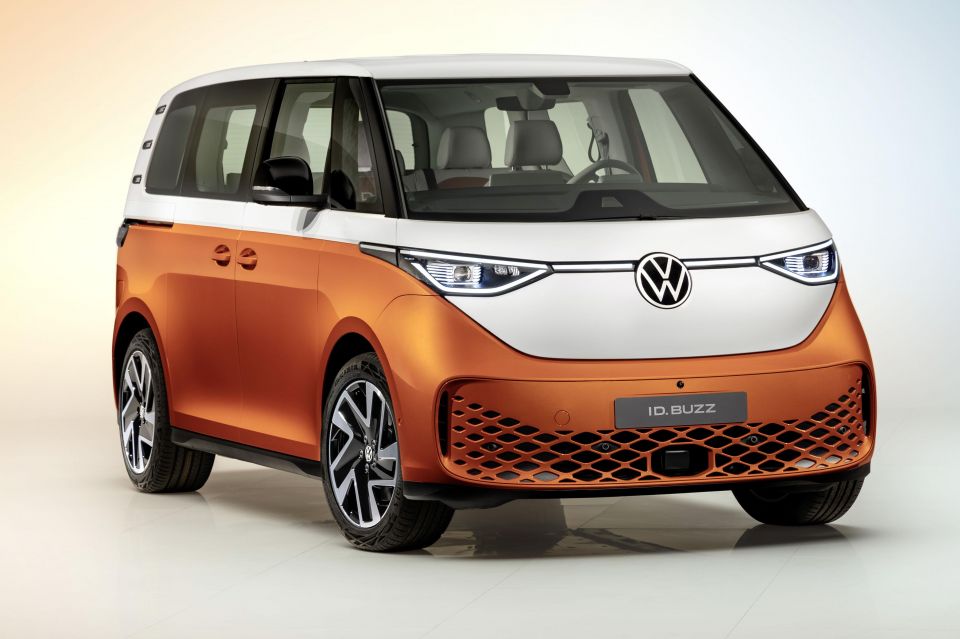
First, Volkswagen Group of America CEO Scott Keogh said the company was “actively looking at” introducing an electric pickup.
“I think it’s the chance of a lifetime in this segment because electrification gives you a reset moment. It gives you a chance to bring some, let’s say, alternatives and some new ideas into this great segment,” said Mr Keogh.
Keogh believes the entrenched brand loyalty of full-sized pickup buyers to the likes of Chevrolet, Ford, GMC and Ram may not apply in the nascent electric pickup market, citing the presence of upstarts like Rivian.
Subsequently, Reuters and Manager Magazinreported last month Volkswagen was considering expanding its Chattanooga, Tennessee plant or constructing an adjacent plant to build an electric pickup truck, as well as the ID. Buzz electric people mover.
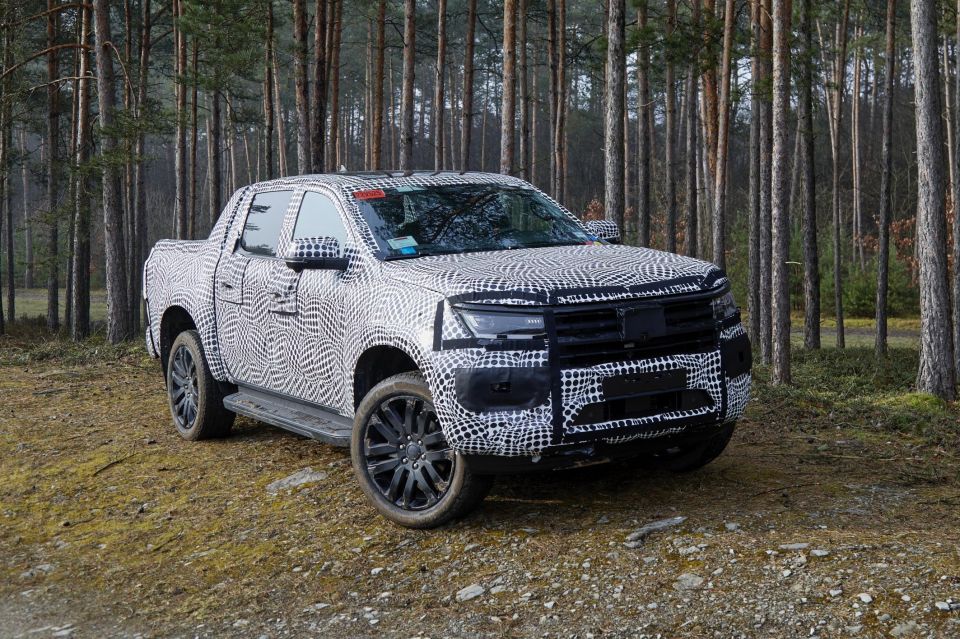
The company has also spoken in more explicit terms about an electric version of the upcoming second-generation Amarok, which shares its underpinnings with the new Ford Ranger.
“We’re looking at a pure-electric version [of the Amarok],” Lars Krause, Volkswagen Commercial Vehicle board member responsible for marketing, told Autocar.
“It’s still early, but it’s something we’re considering within the lifecycle.”
The Amarok’s body-on-frame architecture can accommodate an electric drivetrain and battery pack, according to Mr Krause.
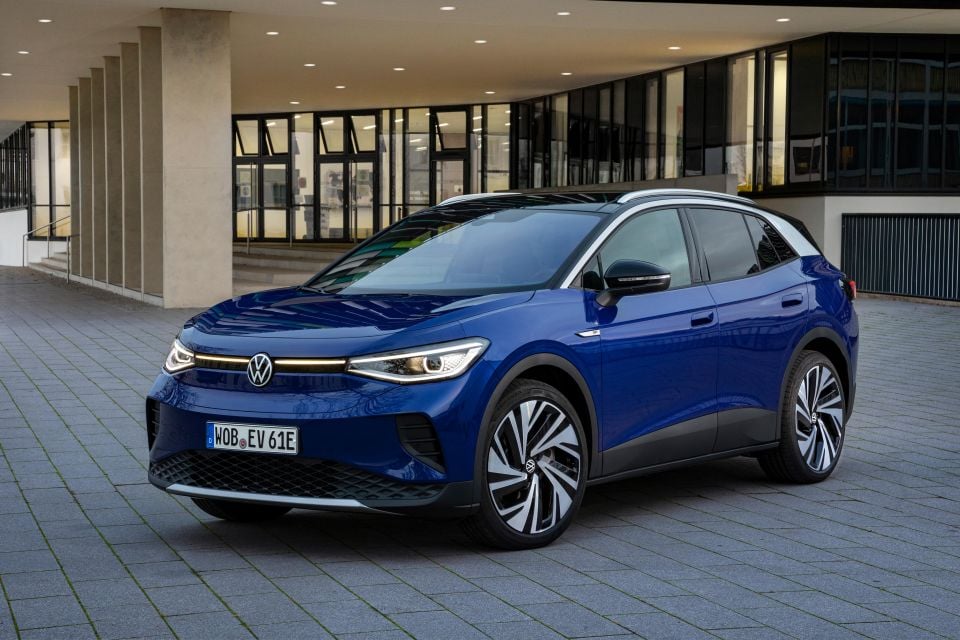
The Volkswagen Group is planning to invest at least US$7.1 billion (A$9.9b) over the next five years in North America, and says it’ll add 25 new electric vehicles there by 2030.
It wants EVs to account for 50 per cent of its North American sales by 2030.
The Volkswagen brand’s sales have ticked upwards of late, with its 2021 tally representing its best result in the US market since 2013.
The brand also returned to profitability in North America in 2021 after not having turned a profit since 2012.
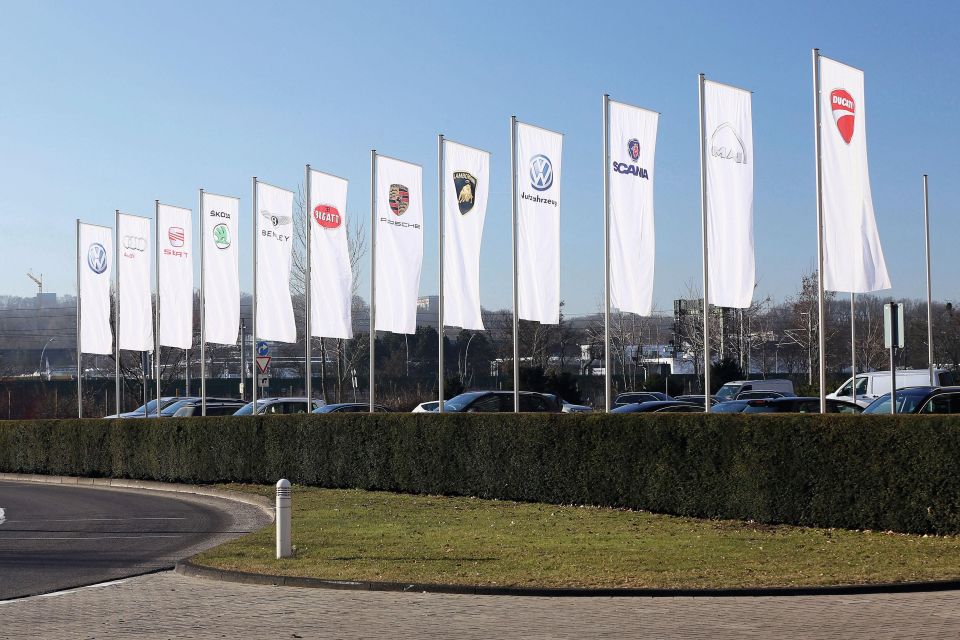
Volkswagen said in March that sales and revenue in both North and South America were up significantly in 2021, and that it had a strong plan for the future to further improve the brand’s competitiveness in those markets in the coming years.
Scout will join one of the largest portfolios of brands of any automaker.
The Volkswagen Group currently consists not only of the namesake Volkswagen brand, but also Audi, Bentley, Cupra, Ducati, Lamborghini, Porsche, Seat and Skoda.
There’s also the Jetta brand, part of the Chinese FAW-VW joint-venture.
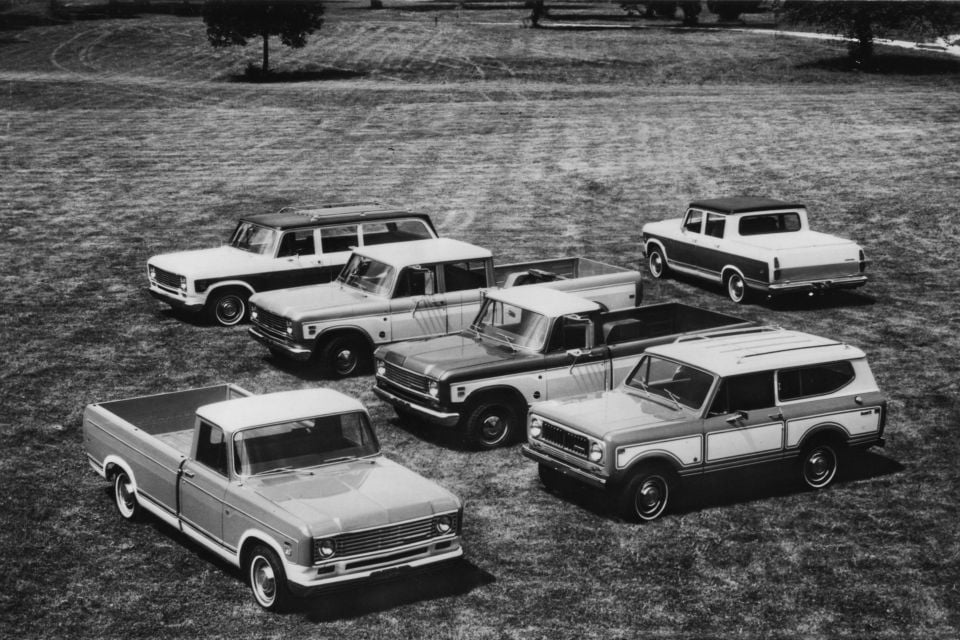
Volkswagen gained the rights to the Scout badge when it purchased heavy truck manufacturer Navistar, founded in 1986 as the successor to International Harvester.
International Harvester was once a rival brand for the likes of Jeep, and by the 1970s sold vehicles like the crew-cab Travelette pickup, two-door Scout off-roader, and five-door Travelall SUV.
The Scout served as a rival to the likes of the Ford Bronco and Chevrolet Blazer.
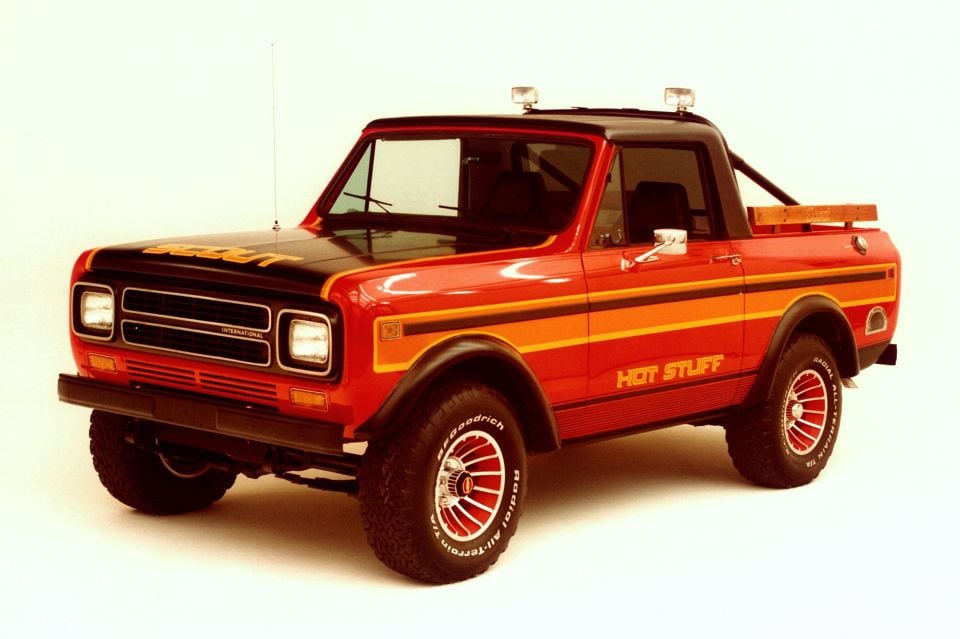
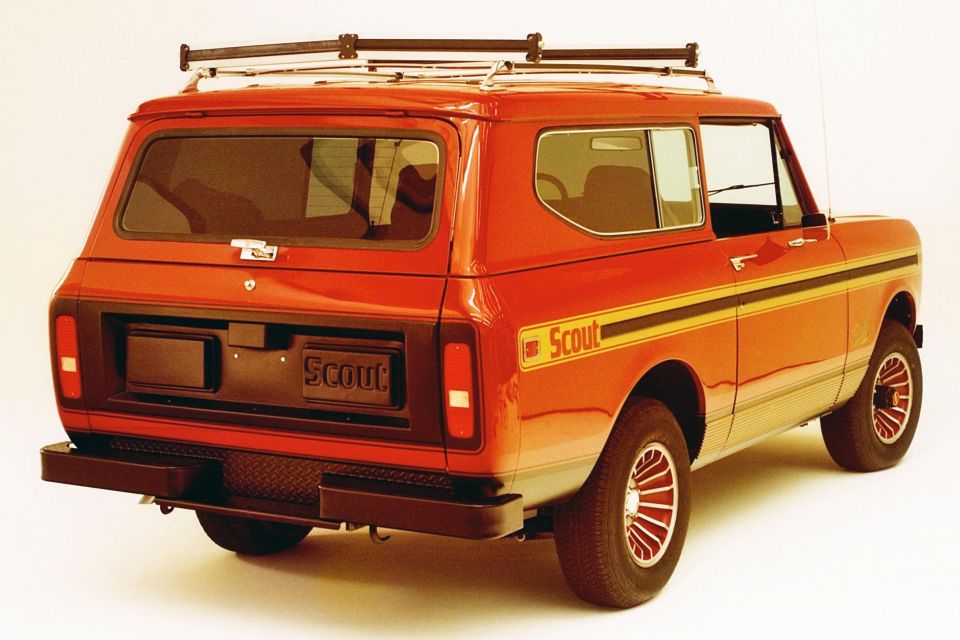
By 1980, the range had been whittled down to just the Scout, and industrial action and a poor economy saw its sales plunge that year.
With International Harvester now haemorrhaging money, the company decided to start selling off or shuttering less profitable divisions.
1980 would prove to be the last year the company produced a four-wheel drive, though its heavy truck manufacturing continued.
Go deeper on the cars in our Showroom, compare your options, or see what a great deal looks like with help from our New Car Specialists.
William Stopford is an automotive journalist with a passion for mainstream cars, automotive history and overseas auto markets.


Damion Smy
2 Hours Ago
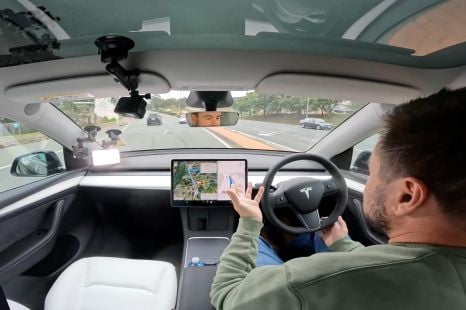

William Stopford
2 Hours Ago
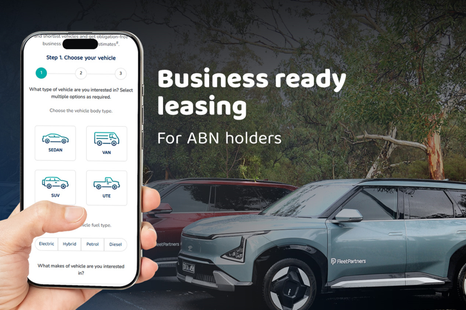

CarExpert
3 Hours Ago
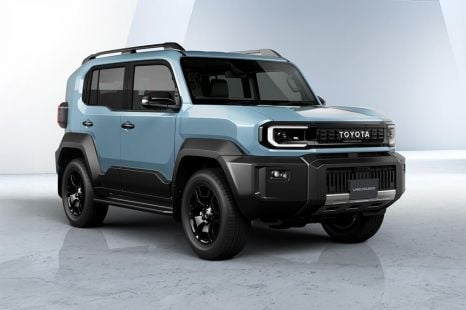

Damion Smy
3 Hours Ago
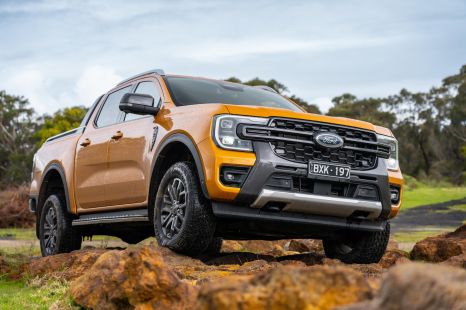

William Stopford
4 Hours Ago
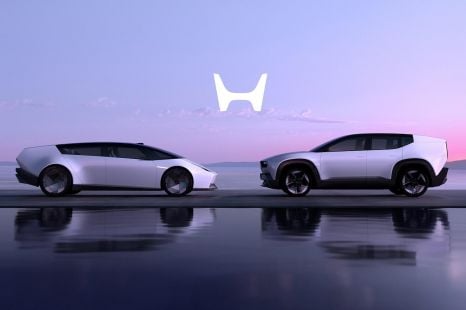

Derek Fung
8 Hours Ago
Add CarExpert as a Preferred Source on Google so your search results prioritise writing by actual experts, not AI.